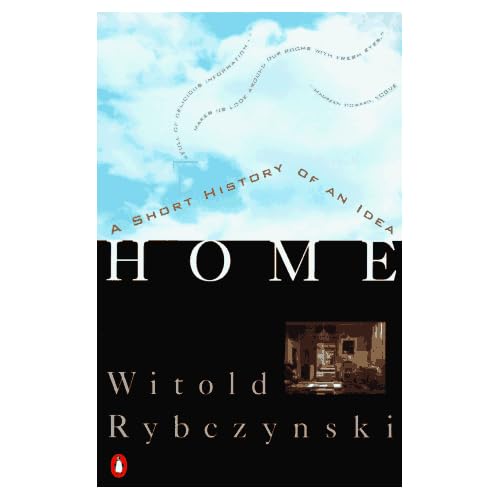This article got me thinking about problems that new MLS grads perpetually have–it can be incredibly difficult to land a full time professional job after graduating with a professional degree. Even if they got lots of experience during graduate school doing professional level work, it may not be taken seriously by the libraries at which they are applying. Just as likely, they didn’t get as much experience as they would have liked in graduate school. The suggestions commonly given are to move to a less desirable area of the country, or to take a part-time job. While both of those might work, it seems to me that both the new graduate and the library that hires them are put at a disadvantage.
In most professions which require a certain degree for entry, there are also certain standards about what practical experience the student should aquire before becoming a fully fledged member. Students fresh from medical school have internships, residencies, and perhaps additional fellowships which give them practical experience and further training. Law students have formal and standard internships throughout law school, must pass the bar exam, and then go into first year associate positions.
In those particular professions it’s a big deal when you screw up, so obviously supervised practical experience is more crucial before going out on your own. However, many librarians freely admit that they didn’t learn much of what they are doing in library school, and had to learn on the job. When that’s dealing with large budgets or doing public relations, screwing up can be a bigger deal than a reference interview not going so well. I know that I learned more practical librarian skills when I was working at a library, before and during graduate school, than I did in classes. What I learned in the my classes was important, too, but it was often more theoretical or required background knowledge. Medical students need anatomy courses which rely on paper or cadavers, but they also need to see actual live people to be able to treat them.
So employers of entry level librarians are aware that there will be a lot of on the job learning, and this may make them more or less willing to hire them. I found in interviews that some people didn’t understand that I’d been doing supervised professional level paid work throughout graduate school, and so that some of my practical on the job training had been taken care of and I wasn’t quite as new as they thought. Every graduate school assistantship and internship varies quite a bit, and so it takes some selling to show off the skills acquired in that position. While that’s not a bad thing in itself, it would be more useful if graduate school experience could be standardized in such a way that employers could be confident that if you worked at such-and-such a program and got a good reccomendation, you are competent.
Alternatively, or perhaps in addition, having more standards about what librarians do in their first year out of school on the job would take away a lot of uncertainty on both ends. Post-MLS residency programs are becoming more common, and I think these should be expanded. In those, both the library and the new librarian are aware upfront of what they expect from each other, and also give them both a chance to change their minds. This is something like the academic world, where you might take a visiting assistant professor position or two before getting a tenure track position. Here’s the other thing–small town public libraries might be a good way to get a job, but a small town public library is a very specific type of institution. If you’re trying to build a different type of career, it won’t work for you.
Obviously this is pretty simplified, and there are many situations in which it would not work. Libraries who can’t afford to hire anything but entry level librarians couldn’t afford a residency program. And frankly, in the current economic climate, there are plenty of experienced people willing to work entry level jobs and wages. But if librarians want to be a profession, they might do well do adopt the habits of other professions.
 The
The 